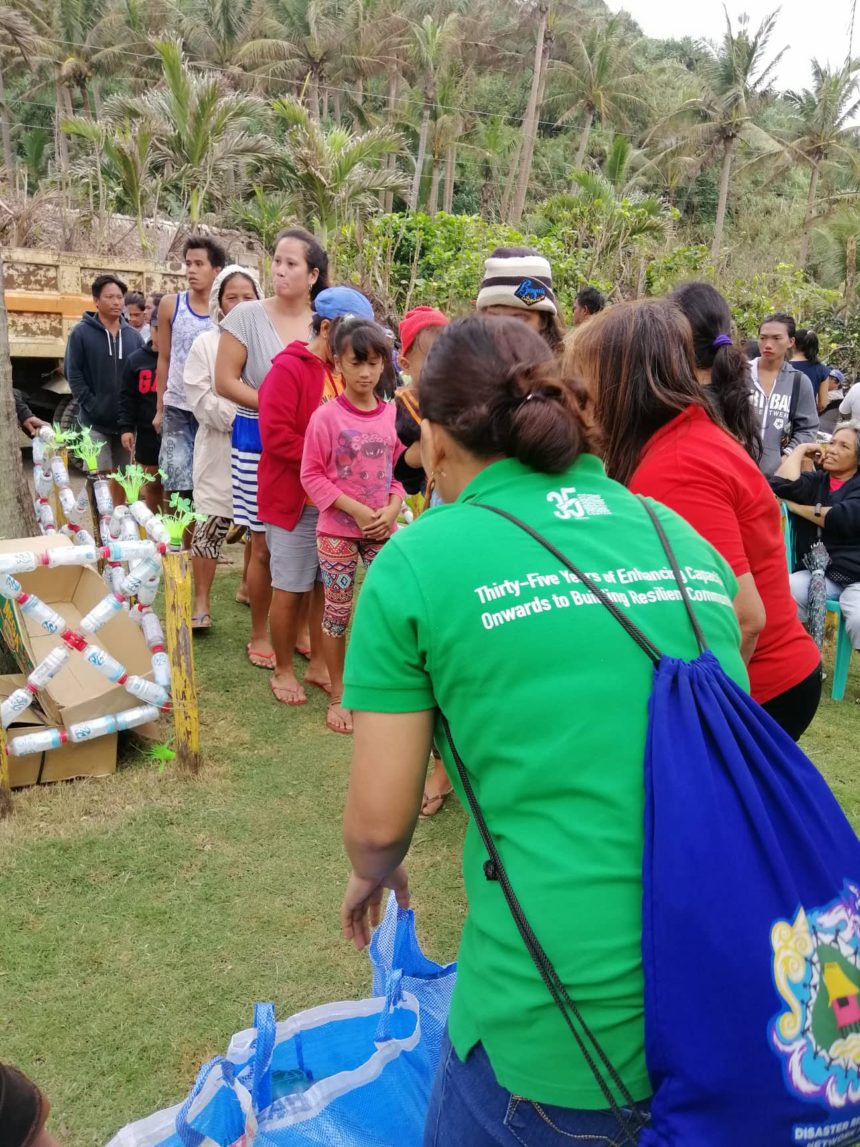The Citizens’ Disaster Response Center Foundation, Inc. (CDRC) today urged the government to welcome the participation of Civil Society Organizations (CSOs) in the COVID-19 response. “CSOs will hold a collaborative and vital role in the COVID-19 response.
The involvement of CSOs in any disaster response goes beyond the provision of relief,” said Kim Leduna, Executive Director of CDRC. According to Leduna, CSO mobilization will be strategic, beneficial, and holistic as it pools in all the technical experts, networks of community-based organizations, humanitarian and development workers to come up with a unified, speedy, and grounded solution.
“For decades, CSOs, including CDRC, have been closely working with local government units and communities to identify risks, produce contextualized response plans and programs, and implement appropriate response measures for communities,” added Leduna.
Leduna urged the government to include the civil society sector in the Inter-Agency Task Force for Emerging Infectious Disease and in LGU response platforms. “NDRRMC’s action plan for COVID-19 included CSOs as part of the response cluster, however, the CSO participation should not be limited to resource generation,” said Leduna.
Leduna mentioned that it is enshrined in the constitution that the State shall encourage the participation of civil society groups at all levels of social, political, and economic decision-making and shall establish adequate consultation meetings. “With the deep and far-reaching socio-economic impact of the Enhanced Community Quarantine on marginalized groups, the government should welcome the inclusion of CSOs in the response and thereby adopt a multi-stakeholder approach,” added Leduna.
According to Leduna, for public transparency and accountability, IATF-EID composition must include CSOs who should be a part of decision-making processes, especially on issuing resolutions for the COVID-19 response.
“This will ensure that basic concerns on social welfare are voiced out and accounted for. It is also necessary to present a comprehensive and grounded implementing rules and guidelines with due precaution on curtailing basic civil rights before it is passed,” said Leduna.
Leduna said that this is to avoid confusion and negligence within and across agencies, LGUs, and the public. “Above all, our care for the most vulnerable allows us to see what is fair and uphold what is right. It is through community spirit that we will be able to withstand this uncertainty,” ended Leduna.

